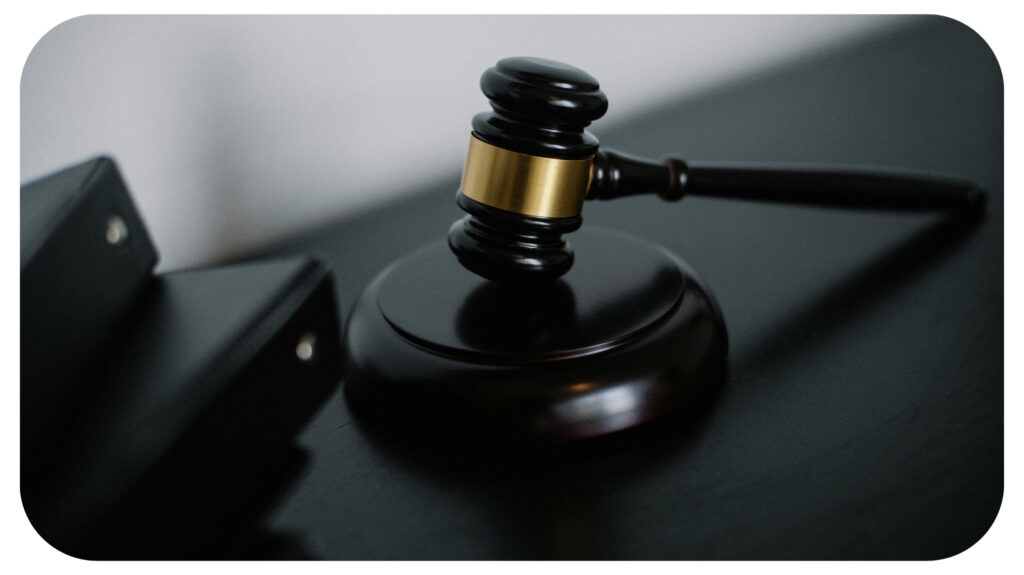Why Expert Witness Testimony Is Vital in Special Court Cases

In special court proceedings, the stakes can be very high, and the facts offered may be complicated and highly technical. Under such circumstances, an expert witness is quite helpful. For judges, juries, and lawyers, these specialist experts assist in converting complex facts into understandable knowledge. Expert witnesses not only provide clarity but also give the case credibility by offering insights that could either make or break the result of the trial. Their role is critical in assisting courts to make fair and informed decisions.
Providing Objective Insights on Complex Matters
Topics outside of the scope of conventional legal expertise, such as forensic science, financial fraud, or medical misconduct, usually abound in special court cases. Expert witnesses are a vital instrument for bridging the gap between specialist knowledge and courtroom understanding in the face of these complications. Their participation is so vital in helping the judge or jury through difficult problems since their testimony frequently provides information and data a layperson would find difficult to understand. Expert witnesses ensure that the case is grounded on accurate facts rather than conjecture by having the specific knowledge to offer clear, thorough, and objective information. Their testimony is meant to enable the court to understand difficult concepts, therefore providing an unbiased perspective. This objectivity is essential since it helps the court to decide based on verifiable facts rather than supposition or personal opinion.
Enhancing the Credibility of Your Case
Presenting reliable evidence is absolutely important in court procedures. Expert witnesses assist in guaranteeing that the material offered in court is not only accurate but also consistent. Their credentials and work experience prove the accuracy of their claims, therefore strengthening the case’s credibility. The knowledge of the witness strengthens the case, whether it is a medical practitioner clarifying the reasons for an accident, a financial analyst offering information on accounting errors, or a forensic expert reading physical evidence. Particularly in cases when the opponent seeks to submit contradictory or false information, an expert’s testimony also helps to offset opposing evidence. Under such circumstances, expert witnesses can either question or clarify the conclusions of other experts, therefore strengthening the argument you are presenting.
Serving as a Neutral Party to Prevent Bias
Bias may be present in any court case, regardless of whether it results from vested interests, feelings, or personal convictions. By providing comments grounded in their professional knowledge instead of personal feelings or outside influences, expert witnesses help to reduce this risk. Often, among the most important features of their evidence is their neutrality. Expert witnesses are relied upon by the court to deliver objective, fact-based information free from any outside bias. Furthermore, because of their impartial position, expert witnesses are frequently seen as more reliable. In particular, this is crucial in specialized domains where non-experts’ opinions could be ignored. Their objectivity guarantees that their testimony will be reliable under examination, giving both parties in the case a fair chance at presenting their arguments.
Managing the Challenges of Expert Testimony
While expert witnesses add enormous value, their testimony presents unique challenges. One typical problem is the possibility of contradicting expert opinions, particularly in cases when both sides feature contradicting experts. This can lead to uncertainty and impede the evaluation of the most trustworthy data. To navigate these challenges, effective strategies for probing expert witnesses must be used. This strategy guarantees the court to closely review the credentials, techniques, and findings of the expert witness. The opposing side might discredit the witness by meticulously challenging the methodology, credentials, and possible prejudices of the expert. Since it lets you evaluate the validity of the expert’s opinions and, hence, the weight of their testimony, this is a crucial component of cross-examination.
Increasing the Chance of a Favorable Outcome
Having a trained expert witness in a special court case will greatly raise your chances of a favorable result. Their clarity of difficult problems lets the court make wise rulings. Cases containing technical issues run the danger of being decided without the required knowledge and expert witnesses, therefore producing biased decisions or misinterpretations. Presenting expert testimony guarantees that the process of making decisions is grounded on correct and informed knowledge. Moreover, expert witnesses can help to ensure that every element of the case is taken into account, especially in cases when the legal questions are not obvious or the facts are murky.
Conclusion
In special court proceedings, an expert witness is absolutely valuable since it offers clarity, credibility, neutrality, and informed opinion. Particularly in cases involving complicated or technical concerns, the insights they provide might greatly affect the result of a case. Using expert testimony helps you make a stronger case that is more likely to survive scrutiny and result in a favorable judgment. Ultimately, expert witnesses play an important role in ensuring that justice is served by enabling the court to make decisions based on accurate and reliable information.
Recommended For You
How to Find the Right Personal Injury Attorney
Most Inside
Most Inside offers high-quality recommendations and valuable updates to enhance all aspects of your life, providing premium guidance and enriching experiences.




